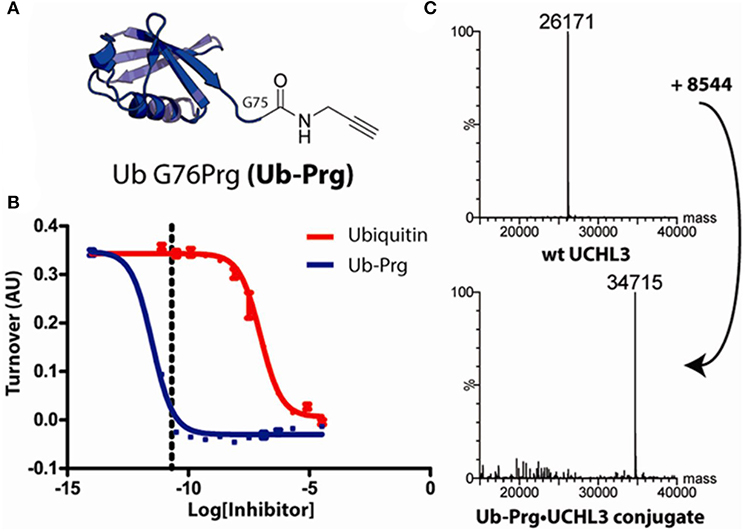

Building on these commonly stated goals, the committee developed a comprehensive list of goals for or desired outcomes of laboratory experiences:Įnhancing mastery of subject matter. While these inventories of goals vary somewhat, a core set remains fairly consistent.

The committee commissioned a paper to examine the definition and goals of laboratory experiences (Millar, 2004) and also considered research reviews on laboratory education that have identified and discussed learning goals (Anderson, 1976 Hofstein and Lunetta, 1982 Lazarowitz and Tamir, 1994 Shulman and Tamir, 1973). Laboratories have been purported to promote a number of goals for students, most of which are also the goals of science education in general (Lunetta, 1998 Hofstein and Lunetta, 1982). Next we consider the role of technology in supporting student learning from laboratory experiences. In the following section of this chapter, we present design principles for laboratory experiences derived from our analysis of these multiple strands of research and suggest that laboratory experiences designed according to these principles are most likely to accomplish their learning goals. 1 We propose the phrase “integrated instructional units” to describe these research and design projects that integrate laboratory experiences within a sequence of science instruction. The review of research evidence draws on three major strands of research: (1) cognitive research illuminating how students learn (2) studies that examine laboratory experiences that stand alone, separate from the flow of classroom science instruction and (3) research projects that sequence laboratory experiences with other forms of science instruction. In this chapter, the committee first identifies and clarifies the learning goals of laboratory experiences and then discusses research evidence on attainment of those goals.

The research suggests that laboratory experiences will be more likely to achieve these goals if they (1) are designed with clear learning outcomes in mind, (2) are thoughtfully sequenced into the flow of classroom science instruction, (3) integrate learning of science content and process, and (4) incorporate ongoing student reflection and discussion.Ĭomputer-based representations and simulations of natural phenomena and large scientific databases are more likely to be effective if they are integrated into a thoughtful sequence of classroom science instruction that also includes laboratory experiences. The science learning goals of laboratory experiences include enhancing mastery of science subject matter, developing scientific reasoning abilities, increasing understanding of the complexity and ambiguity of empirical work, developing practical skills, increasing understanding of the nature of science, cultivating interest in science and science learning, and improving teamwork abilities.


 0 kommentar(er)
0 kommentar(er)
